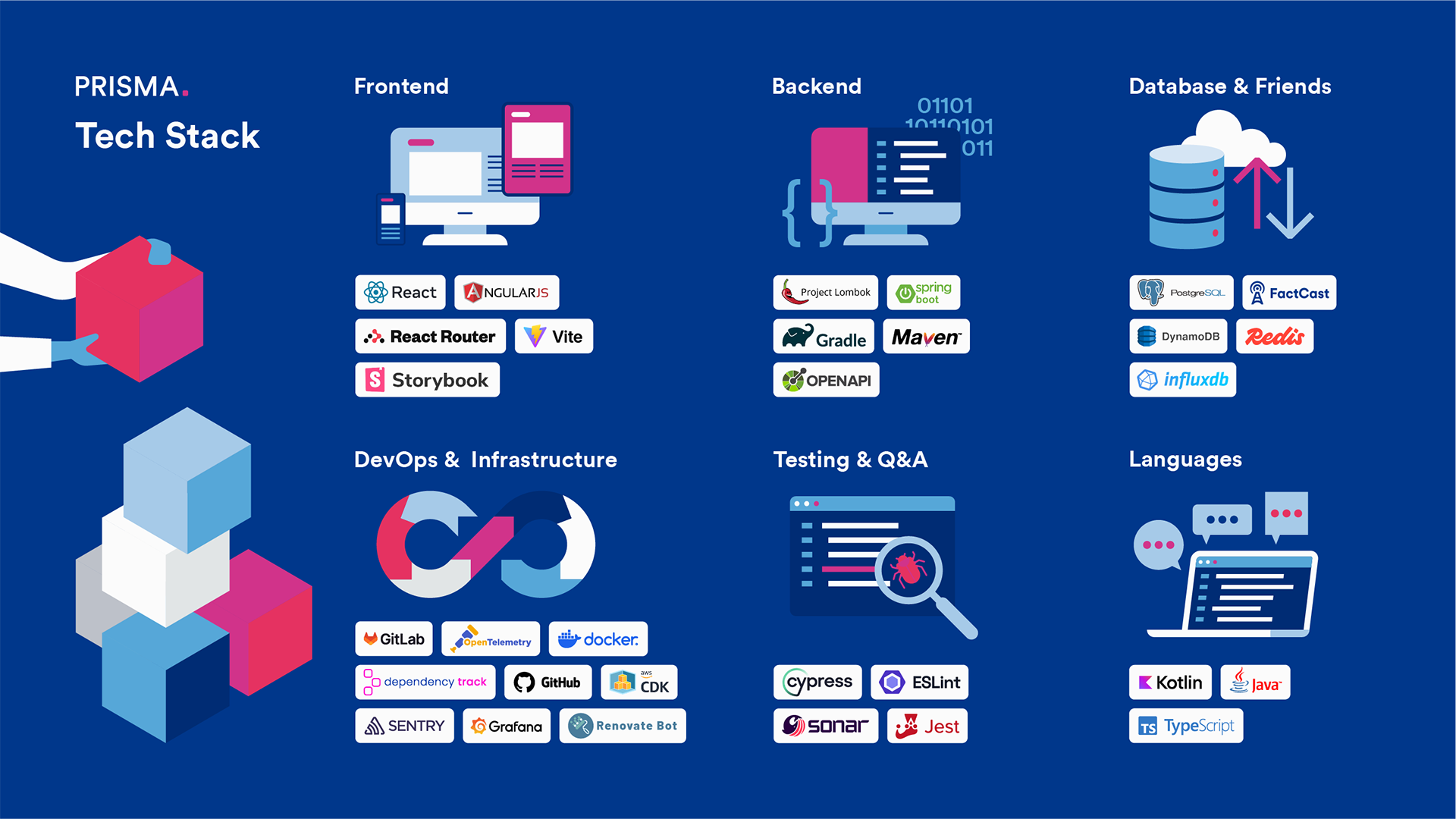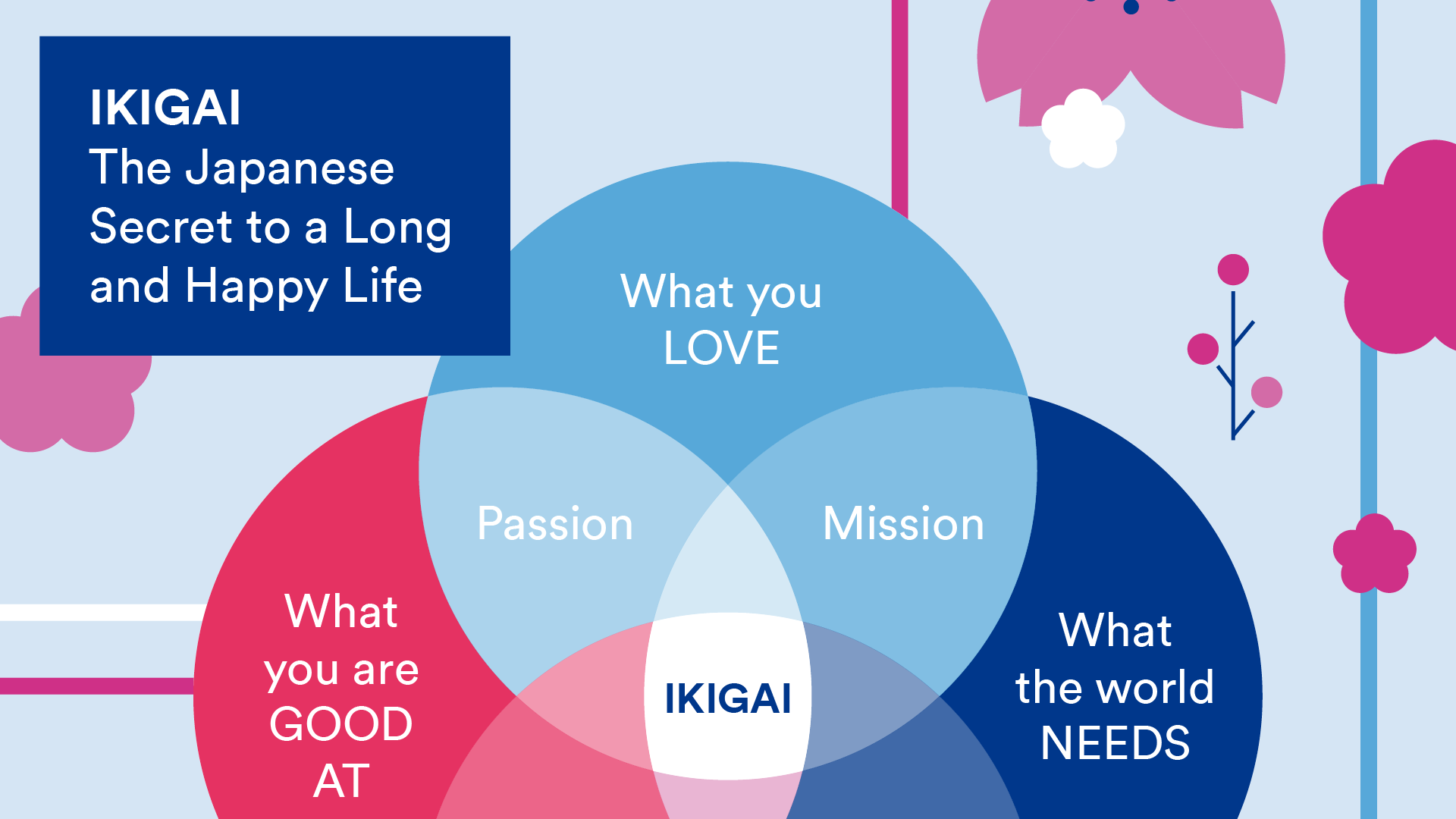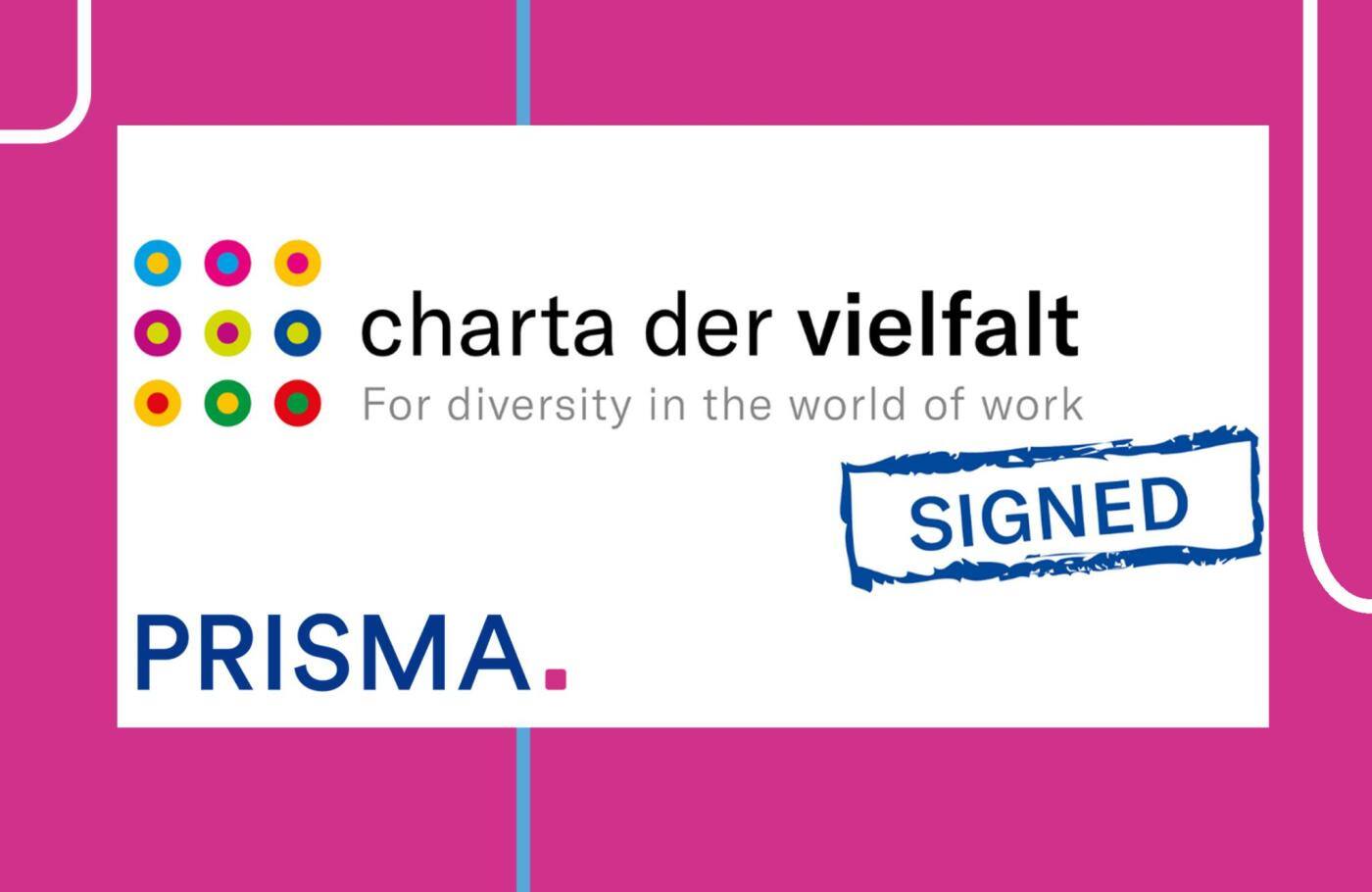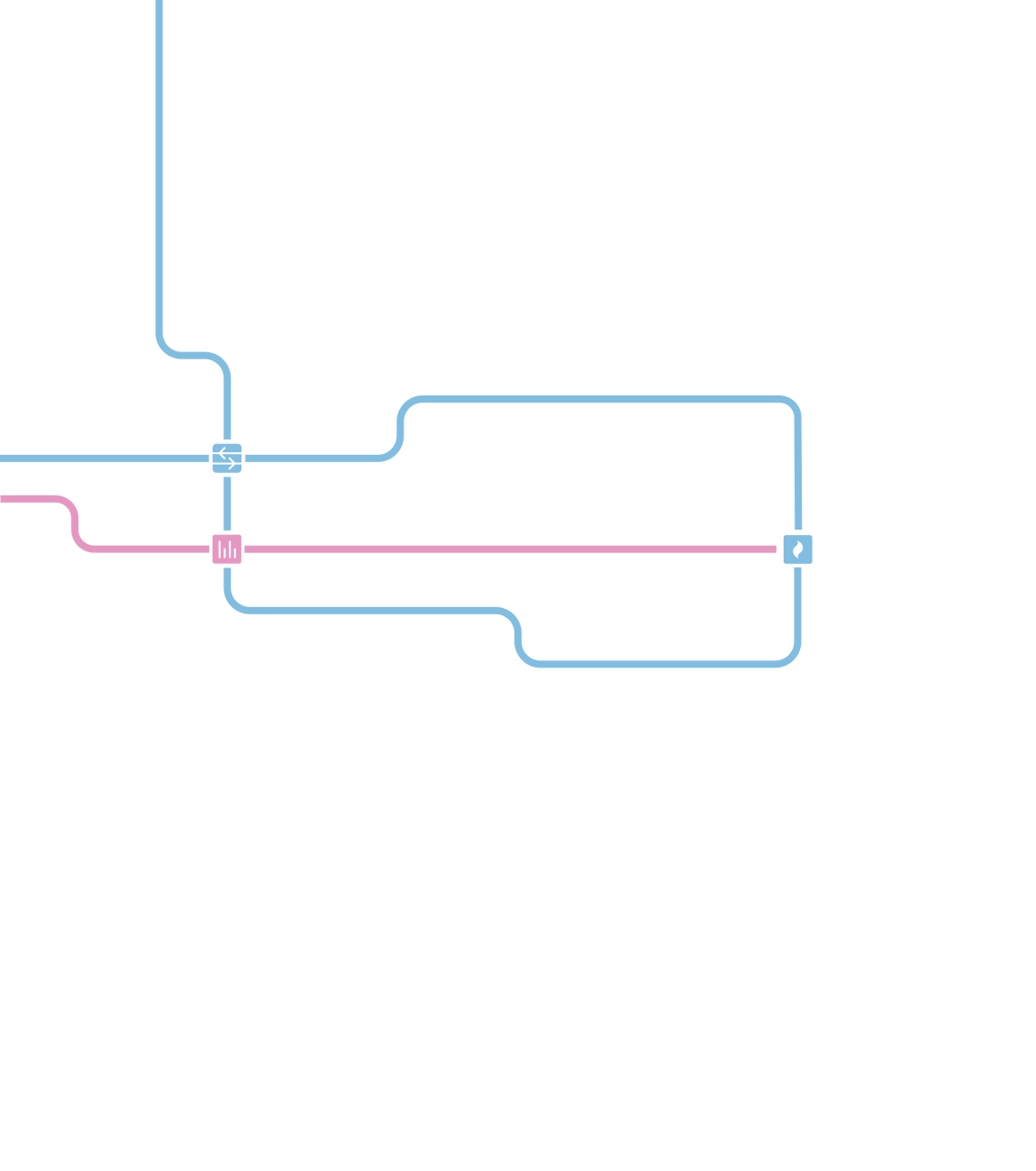Offsite Education: Learning about Unconscious Bias
You are biased. We all are. Let's see, where this is coming from and how to deal with it.
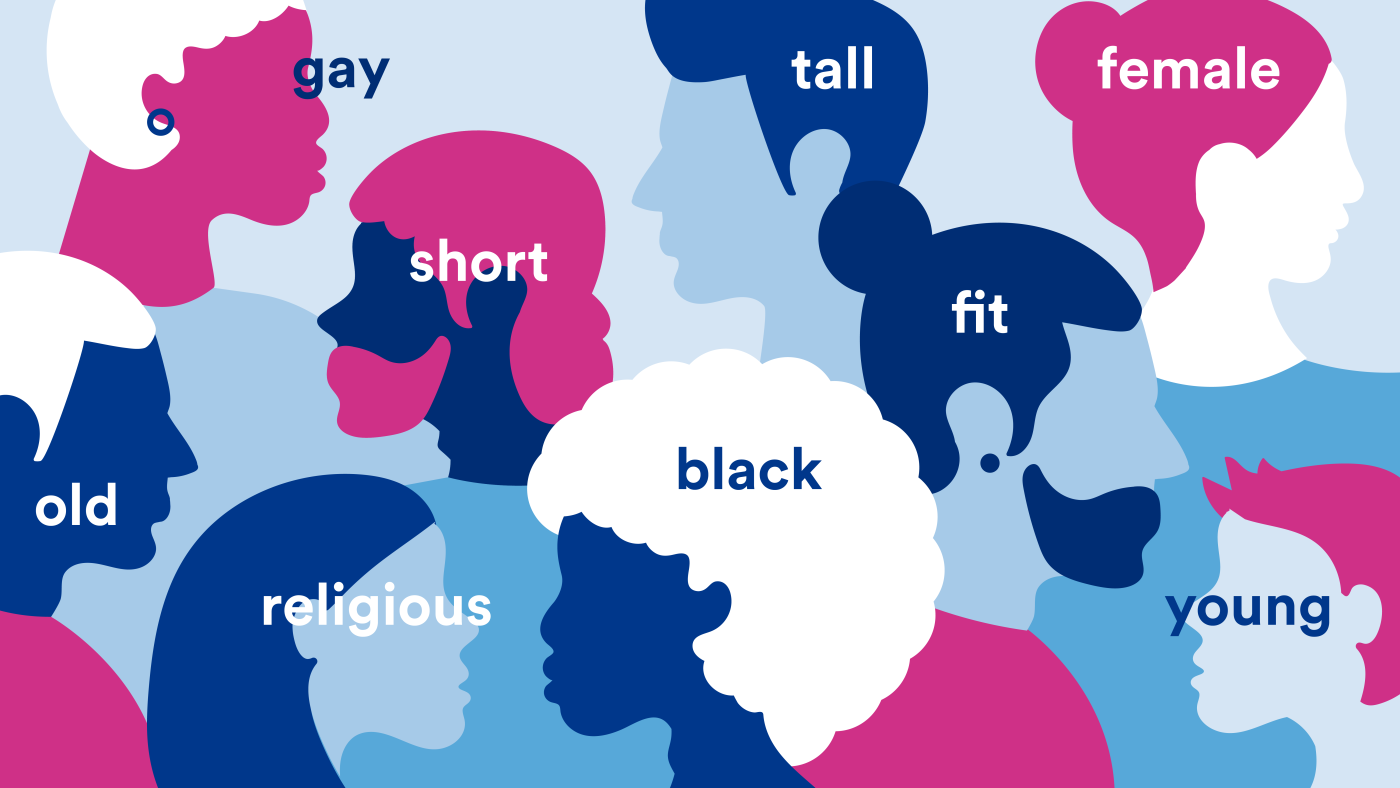
The eye-opening Scenario
"Imagine it's a sunny day, and you're working from the office of PRISMA. You suddenly realize you're late to catch a plane for a business trip.
You rush to the airport, being the last passenger to board the plane. As you step onto the aircraft, you're greeted by the pilot, who has stepped out of the cockpit to personally welcome you with a big smile. Now, pause and picture this pilot in your mind."
Marlucio lets the room sit in silence for a few moments to imagine this scenario. Then, with a sly smile, he asks, "How many of you imagined a person of color as the pilot?"
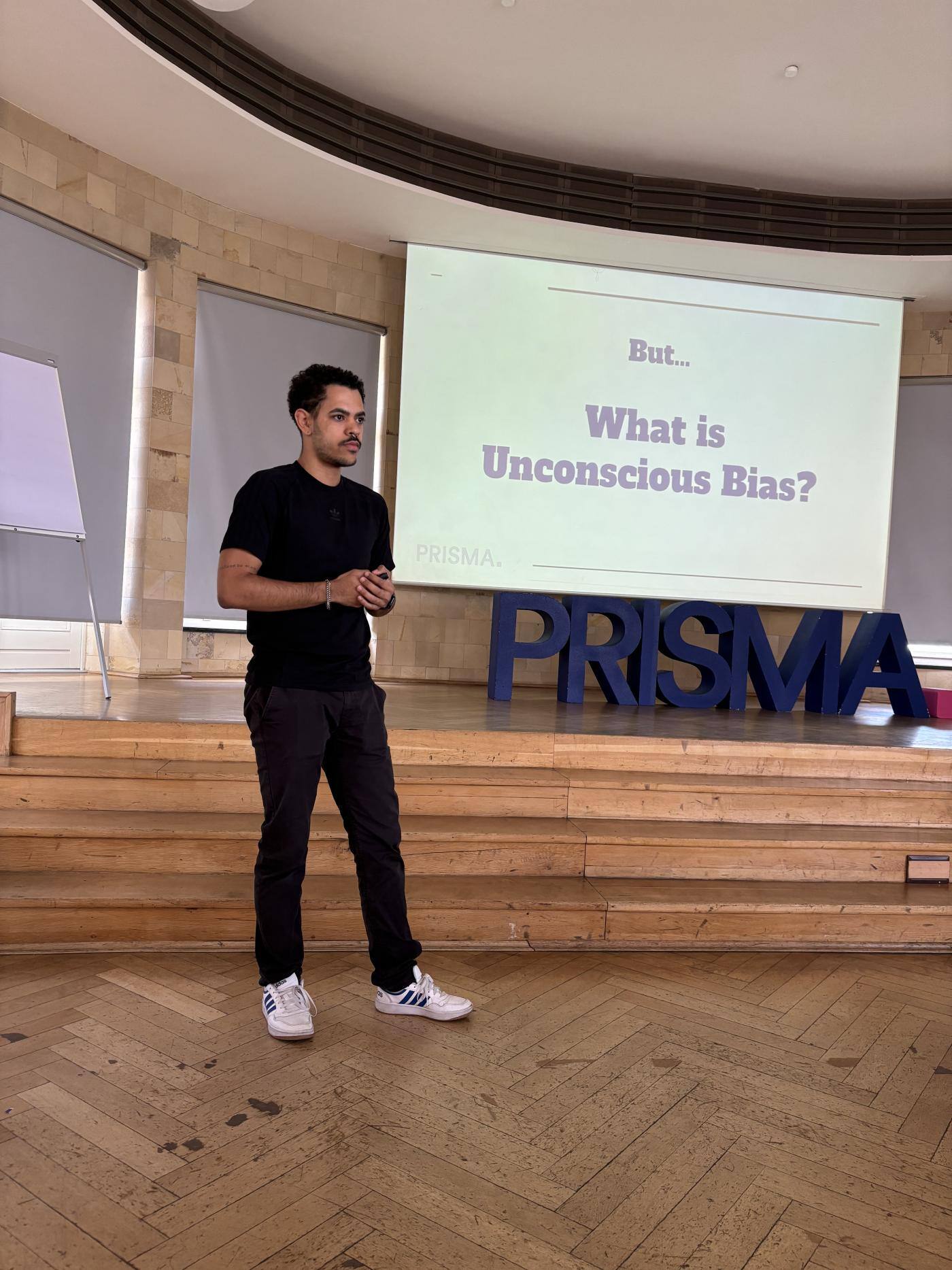
The Plane Theory
To further explain what happens in our brains, Marlucio introduces the "plane theory" of unconscious bias, likening our mental processes to a journey through different weather conditions. Much like pilots navigating through clear skies and unexpected turbulence, we too traverse through clear rational thoughts and distorted biases. These biases, hidden beneath the surface of our consciousness, can alter our course without warning, affecting how we perceive and react to the world around us.
The Neural Mechanism
Yet, how and why do our brains work in this way? Marlucio did dive into the current understanding of our neurological structure, highlighting the roles of the amygdala and hypothalamus—key players in our emotional and physiological responses.
The amygdala, our emotional sentinel, swiftly gauges emotional stimuli and can trigger instant judgments, often based on past experiences rather than present realities.
Meanwhile, the hypothalamus acts as our body's regulator, maintaining balance but also reacting to stressors, which can skew our perceptions even further.
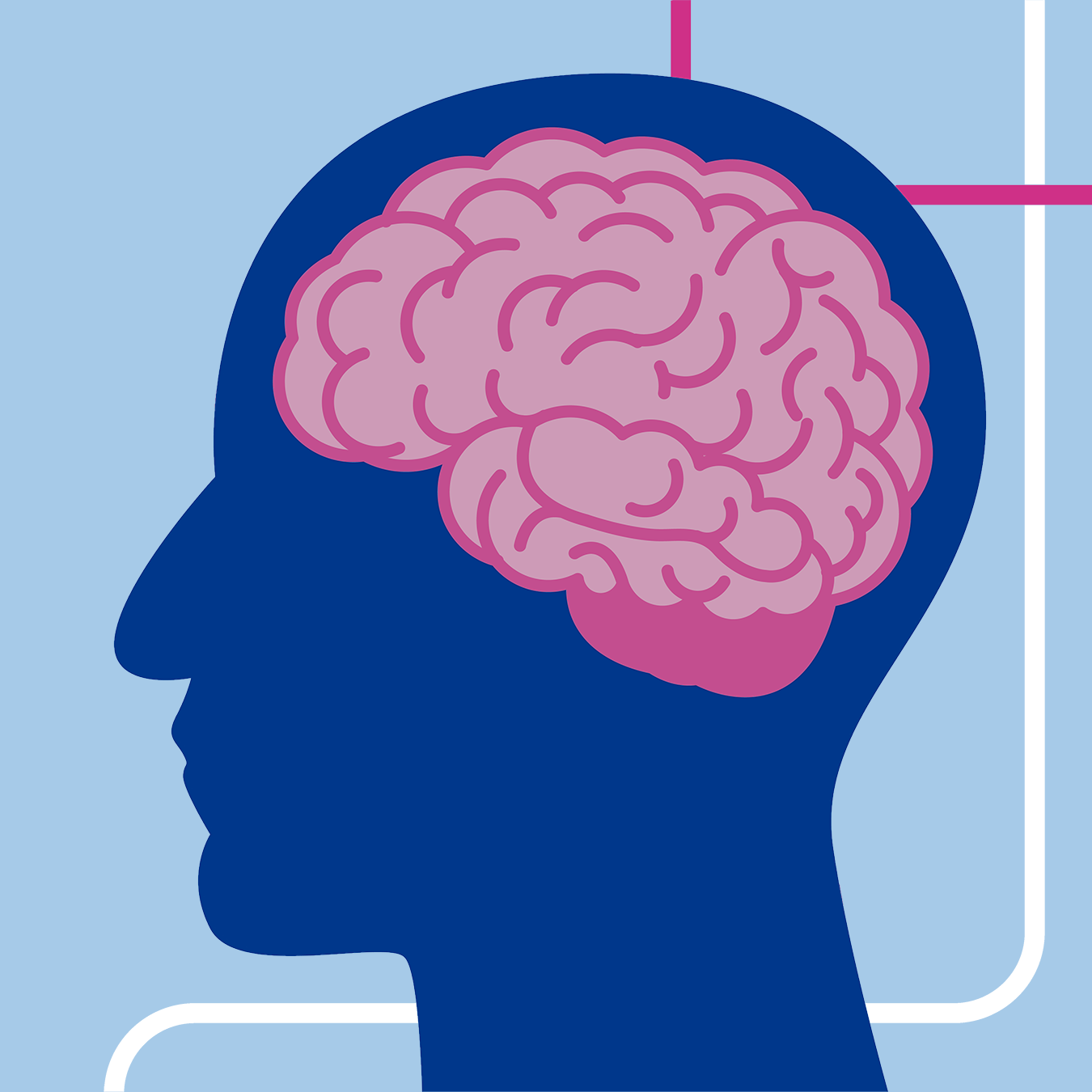
Through interactive exercises, PRISMAtes are encouraged to confront their own biases. Quick decision-making games reveal how rapidly and often inaccurately, our brains apply old judgments to new situations. These exercises not only expose our underlying biases but also demonstrate how they manifest in everyday choices, insidiously influencing our actions and interactions.
One exercise involved showing images of people in various professional roles and asking participants to note their first impressions. For example, when shown a picture of a nurse uniform, many participants assumed the person would be female, reflecting a common gender bias. Similarly, images of tech professionals often led to assumptions about race and age, highlighting biases related to these characteristics.

However, becoming aware of our bias is just the beginning. Marlucio offers practical techniques to help us challenge those pre- (or mis-) conceptions. He suggests visualization exercises to prepare for diverse social interactions and introspective questions that challenge our automatic thoughts. By consciously adjusting our thought patterns, we can slowly begin to unravel the biases that cloud our judgments, leading to more informed and fair decisions.
Visualization exercises involve imagining scenarios where one might typically encounter biases and consciously challenging the expected outcomes. For instance, if you envision meeting a new doctor, try to picture the doctor as someone who doesn't fit the traditional stereotype you might hold. This practice helps rewire the brain's automatic associations, opening our minds to the actual diversity of real-life situations.

For a Mindful Tomorrow
As the workshop concludes, Marlucio's parting words resonate with a call to action: to continue the journey of self-discovery and improvement. He challenges everyone to remain observant of their mental processes, transforming newfound awareness into a catalyst for personal and societal change.
Through storytelling, scientific insight, and active participation, Marlucio's workshop illuminates the benighted corners of our cognition, empowering PRISMAtes to navigate life's difficulties with newfound clarity and empathy. As eyes open around the room, there's a collective sense of awakening—a readiness to face the biases that lie within and create a world enriched by understanding and inclusivity.
PRISMAtes leave the workshop not just with a deeper understanding of unconscious bias but with a new mindset. Marlucio's engaging approach, combining theoretical knowledge with interactive activities, ensures that the lessons learned are not easily forgotten. The journey doesn't end here. It is a continuous process of learning, unlearning, and relearning, the aim of which is to create an environment where diversity is not just accepted but celebrated.
In the end, the true measure of the workshop's success is seen in the subtle but significant shifts in perception and behavior, as PRISMAtes go back to their daily lives, more aware and more mindful of their unconscious biases.

